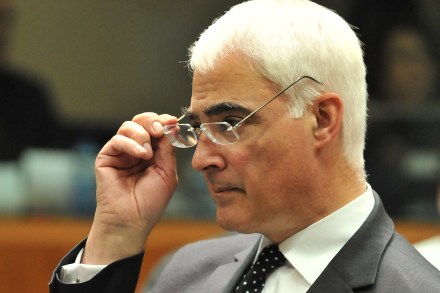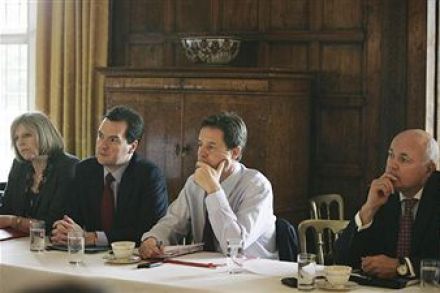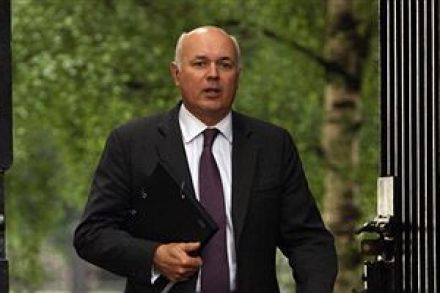The stars of the spending review
Insightful work by the FT’s George Parker, who traces the choreography of the spending review in an article for the paper today. What’s striking is how much the coalition expects to achieve by what Parker calls “peer pressure”. Ministers who get through their spending settlement quickly and successfully will be held up as examples to their colleagues, and will be drafted into the the “star chamber” to cast an axeman’s eye over other departments’ plans. Ken Clarke, we are told, “can hardly wait”. According to Parker, the process is already producing its darlings. Jeremy Hunt has exceeded the Treasury’s demands by identifying 50 percent cuts in the budget for running



















